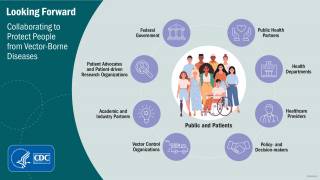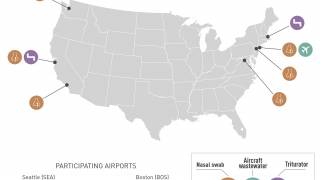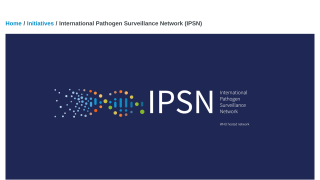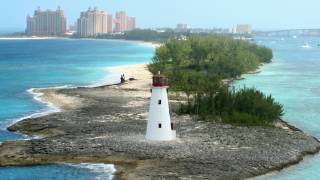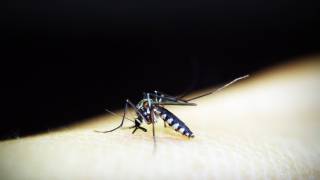CDC Travel Alert Issued Regarding Nigeria’s Yellow Fever Outbreak
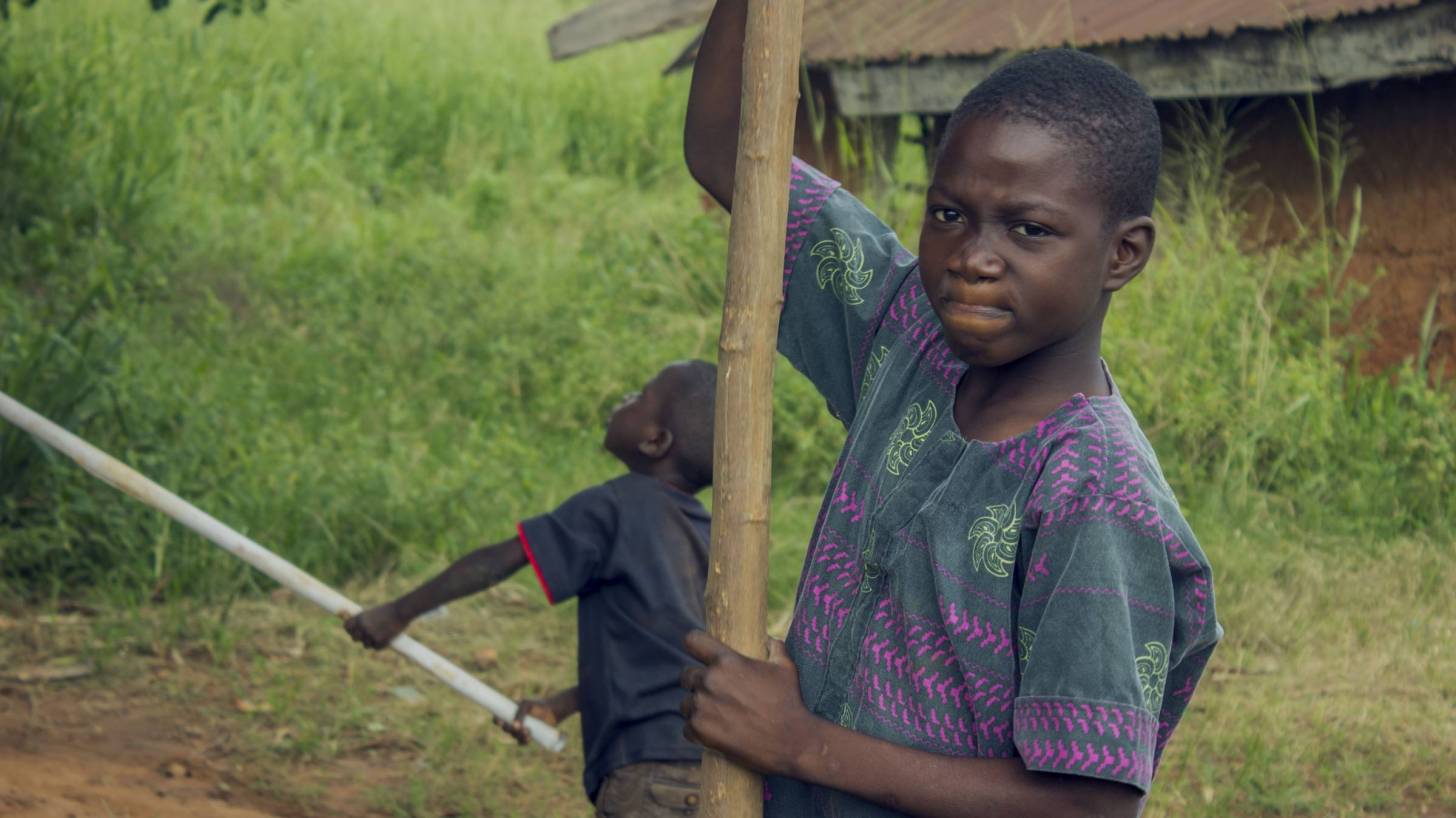
Update: On February 5, 2019, the US State Department issued a Level 3 Travel Advisory, Reconsider Travel, for the African country of Nigeria.
The Centers for Disease Control and Prevention (CDC) issued a Level 1 Travel Alert, Practice Usual Precautions, regarding the ongoing Yellow Fever virus outbreak in the African country of Nigeria.
This is important news, since about 15 percent of people who contract yellow fever develop serious illness including bleeding, shock, organ failure, and sometimes death.
Published on January 18, 2019, this new CDC Travel Alert says ‘Anyone 9 months or older visiting Nigeria should receive vaccination against yellow fever at least 10 days before departure.
And, those people never vaccinated against yellow fever should avoid visiting Nigeria during this outbreak, says the CDC.
The Nigerian Centers for Disease Control first reported this yellow fever outbreak in September 2017. Since December 14, 2018, Weekly Bulletin 50, 494 new suspected cases and 31 additional yellow fever virus deaths have been reported in Nigeria.
In response to this outbreak, Nigerian health authorities have conducted several mass vaccination campaigns.
The Nigerian vaccination campaign is part of the Eliminate Yellow fever Epidemics (EYE) strategy, which intends to vaccinate 1.4 billion people in 40 countries by 2026.
The CDC says for most visitors to Nigeria, 1 dose of yellow fever vaccine provides long-lasting protection.
However, because of the current outbreak, Nigeria is considered a higher risk.
For this reason, if you were vaccinated against yellow fever 10 or more years ago, talk to your doctor or pharmacist about getting a booster dose of vaccine before traveling overseas.
The Food and Drug Administration (FDA) Yellow fever vaccine, Stamaril, is currently available at only a limited number of travel clinics in the United States.
Additionally, the CDC says you should be current with routine vaccines before every trip. These vaccines include measles-mumps-rubella (MMR) vaccine, diphtheria-tetanus-pertussis vaccine, varicella vaccine, polio vaccine, and your yearly flu shot.
To schedule a vaccine appointment at a local pharmacy, please visit Vax-Before-Travel.
Because mosquitoes spread the yellow fever virus, prevent mosquito bites during travel is advised by the CDC.
When visiting Nigeria, use insect repellent, wearing long-sleeved shirts and pants when outdoors, and sleeping in an air-conditioned or well-screened room or under an insecticide-treated bed net.
Yellow fever symptoms include fever, chills, headache, backache, and muscle aches. These symptoms can take 3–6 days to develop after infection.
Previously, the CDC said ‘Zika is a risk in Nigeria, and a Zika infection during pregnancy can cause serious birth defects.
Therefore, pregnant women should not travel to Nigeria.
Moreover, the CDC previously issued Level 2 Travel Alerts for Nigeria regarding:
Our Trust Standards: Medical Advisory Committee


